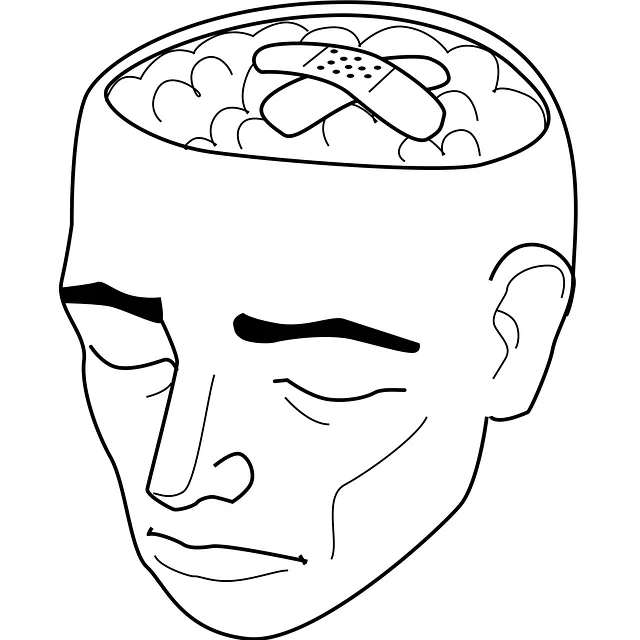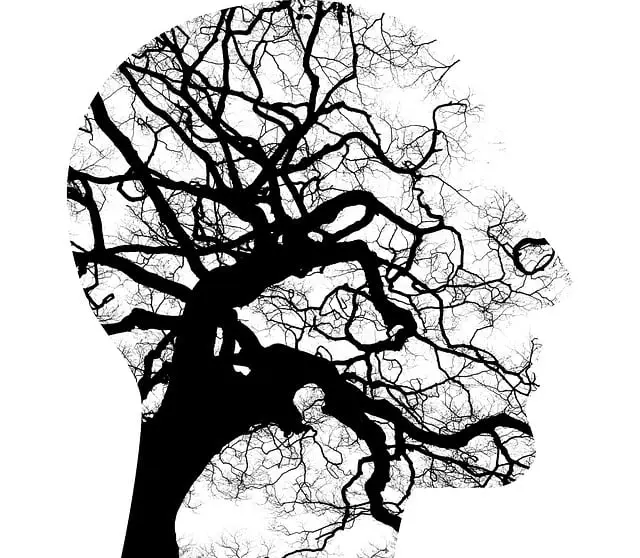The Kaiser Permanente mental health number Louisville emphasizes cultural sensitivity in mental healthcare, catering to diverse patient populations. They integrate emotionally healing processes tailored to specific communities, creating safer spaces for patients to share their stories and improving therapeutic outcomes. Through initiatives focusing on communication strategies, they foster trust and inner strength development, promoting positive thinking and coping mechanisms aligned with different cultural beliefs. Effective cultural sensitivity builds inclusive environments, enhances patient outcomes, and encourages mental wellness journaling, making it a crucial cornerstone of quality care at Kaiser Permanente Louisville.
In today’s diverse society, cultural sensitivity is a game-changer in mental healthcare. Understanding and respecting different cultural backgrounds, beliefs, and practices can significantly impact patient outcomes. This article explores this crucial aspect of mental healthcare through various lenses. We delve into the importance of cultural sensitivity, highlighting Kaiser Permanente Louisville’s innovative approach to culturally competent care, identifying common barriers, offering communication strategies for building trust with diverse patients, and evaluating its impact on mental health services. With a focus on enhancing patient experiences, we provide insights tailored by the Kaiser Permanente mental health number Louisville, ensuring inclusive and effective treatment.
- Understanding Cultural Sensitivity: Why It Matters in Mental Healthcare
- Kaiser Permanente Louisville's Approach to Culturally Competent Care
- Identifying Cultural Barriers: Challenges in Mental Health Treatment
- Strategies for Effective Communication: Building Trust with Diverse Patients
- Measuring Success: Evaluating the Impact of Cultural Sensitivity in Mental Healthcare Practice
Understanding Cultural Sensitivity: Why It Matters in Mental Healthcare

In today’s diverse society, cultural sensitivity is a cornerstone of effective mental healthcare practice. Understanding and respecting different cultural backgrounds, beliefs, and practices are essential for providing quality care that truly meets individuals’ needs. This is particularly relevant when considering the Kaiser Permanente mental health number Louisville, which serves a broad spectrum of patients from varied ethnic and cultural origins.
Cultural sensitivity goes beyond mere awareness; it involves incorporating emotionally healing processes that resonate with diverse communities. By integrating stress reduction methods and conflict resolution techniques tailored to specific cultural contexts, mental healthcare providers can foster safer spaces for vulnerable populations to share their stories and seek help. This holistic approach not only enhances therapeutic outcomes but also strengthens the bond between patients and their caregivers, ensuring a more inclusive and supportive environment for all.
Kaiser Permanente Louisville's Approach to Culturally Competent Care

Kaiser Permanente Louisville takes a proactive approach to cultural sensitivity in mental healthcare. They recognize that providing care that respects and embraces diverse backgrounds is essential for fostering trust and inner strength development among patients. This commitment translates into initiatives aimed at enhancing cultural competency among their mental health professionals, focusing on communication strategies that bridge gaps and promote understanding.
By prioritizing culturally competent care, Kaiser Permanente Louisville ensures that individuals from various ethnic, racial, and socio-economic groups receive tailored support. Their focus extends to promoting positive thinking and coping mechanisms that resonate with different cultural beliefs and values. Through these efforts, the organization strives to create an inclusive environment where every patient feels heard, valued, and empowered to navigate life’s challenges with resilience.
Identifying Cultural Barriers: Challenges in Mental Health Treatment

Identifying cultural barriers is a pivotal step in providing effective mental health care. In diverse communities, such as those served by the Kaiser Permanente mental health number Louisville, understanding and respecting cultural differences can significantly impact treatment outcomes. Many individuals from various ethnic and cultural backgrounds face unique challenges when seeking mental healthcare. These barriers can range from language differences and stigma associated with mental illness within specific communities to a lack of access to culturally sensitive resources. For example, some cultures may have different conceptualizations of mental health and illness, leading to hesitancy in seeking professional help or favoring traditional healing practices over Western medicine.
Compassion cultivation practices, coping skills development, and resilience building are essential tools to address these cultural barriers. By incorporating strategies that recognize and value diverse cultural perspectives, mental health professionals can foster trust and create a safe space for clients from all backgrounds. This tailored approach not only enhances the therapeutic process but also ensures that individuals receive culturally responsive care, ultimately improving their journey towards recovery.
Strategies for Effective Communication: Building Trust with Diverse Patients

Effective communication is a cornerstone of building trust with diverse patients in mental healthcare settings. At Kaiser Permanente mental health number Louisville, professionals are trained to adapt their approach based on cultural backgrounds and experiences. This involves actively listening, using culturally sensitive language, and demonstrating empathy. By showing genuine interest and respect for patient perspectives, clinicians foster an environment where individuals feel comfortable sharing their unique stories and concerns.
To enhance these interactions, mental health practitioners can employ strategies such as Crisis Intervention Guidance, Conflict Resolution Techniques, and Trauma Support Services. These tools not only facilitate open dialogue but also ensure that care is tailored to meet the specific needs of each patient. Ultimately, this nuanced approach strengthens the therapeutic bond, leading to more positive outcomes and improved patient satisfaction across diverse populations.
Measuring Success: Evaluating the Impact of Cultural Sensitivity in Mental Healthcare Practice

Measuring success in mental healthcare goes beyond simply treating symptoms; it involves understanding and respecting diverse cultural backgrounds. By integrating cultural sensitivity, practices like Kaiser Permanente mental health number Louisville strive to create inclusive environments that foster trust and open communication. This approach significantly impacts patient outcomes, enhancing self-esteem improvement and encouraging the use of mental wellness journaling exercises for guidance.
Evaluating the effectiveness of these efforts requires a comprehensive risk assessment for mental health professionals, ensuring they are equipped to navigate cultural complexities. Through regular reviews, case studies, and patient feedback, mental healthcare providers can gauge the positive changes in patient experiences and well-being, solidifying the importance of cultural sensitivity as a cornerstone of quality care.
Cultural sensitivity is a cornerstone of effective mental healthcare, as evidenced by Kaiser Permanente Louisville’s successful implementation of culturally competent care. By understanding and addressing cultural barriers, mental health professionals can build stronger trust with diverse patients, significantly enhancing treatment outcomes. The strategies outlined in this article, grounded in the experiences of Kaiser Permanente Louisville, offer practical paths toward creating inclusive environments that cater to the unique needs of every patient. As the field of mental healthcare continues to evolve, embracing cultural sensitivity is not just a moral imperative but also a proven method for improving access and quality of care, as evidenced by the positive impact on patients across diverse backgrounds, including those in the Louisville community who have benefited from Kaiser Permanente’s mental health services.






